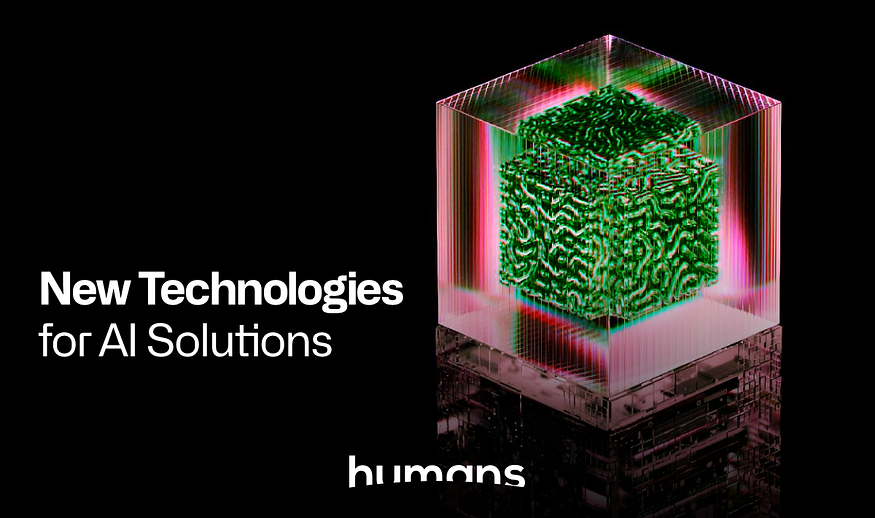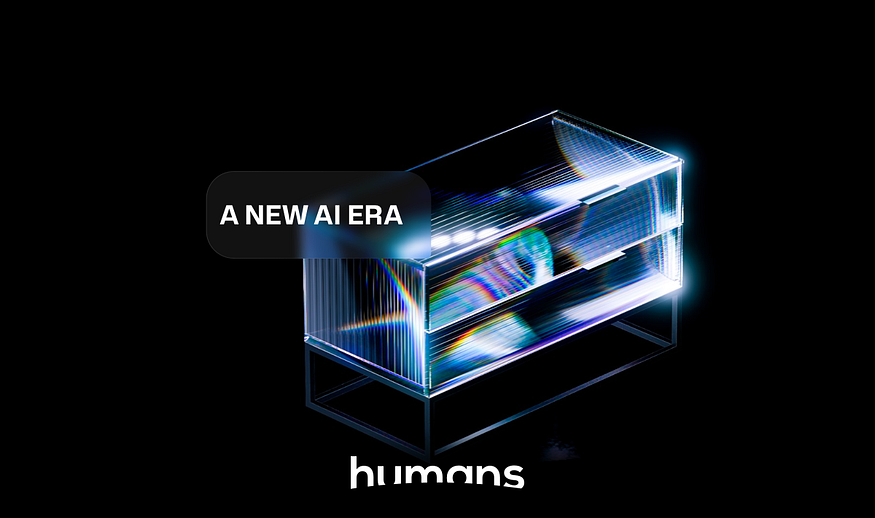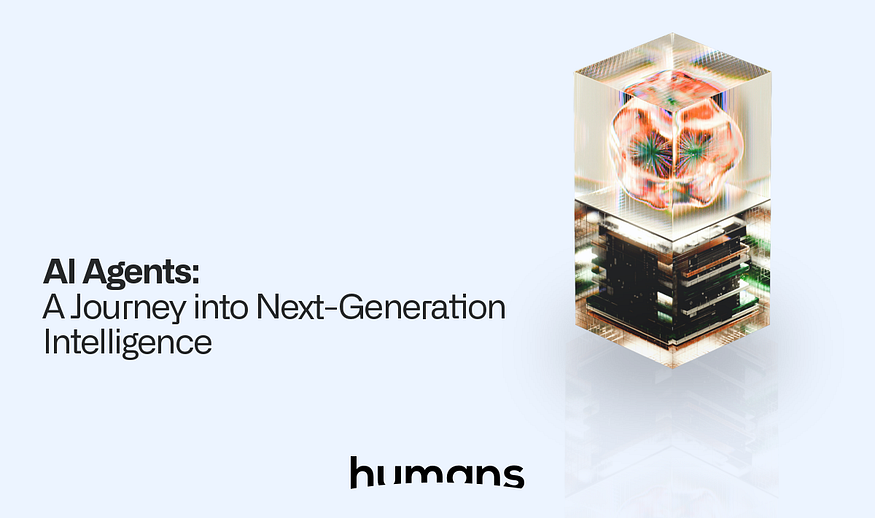A philosophical perspective on technology
Plato says that humans left the cave attracted by beauty. This way, humans come to know the truth and once discovered, humans return to the cave to help others see the beauty and discover the truth, doing this way an act for the greater good. Aesthetics, metaphysics and ethics!
Thinking about the future, we must look to the past. Not long ago, it was enough to believe that learning a new language, one focused on computers, that uses multiple combinations between the number 0 and the number 1 will be enough to be a successful inhabitant of the planet heading towards the year 2100. The engine of the innovation of the last two decades, programming will eventually become outdated, giving way to a world dominated by the unprecedented evolution of technology, which will automate itself, have its own intelligence, and most likely develop its own resistance to change.
If you asked a citizen of the world in 1922 what the world would look like in 2000, he certainly would not have imagined supersonic planes, robots executing surgery procedures on humans or computers that overcome human intelligence; he would not have known that in 1939 Corporal Hitler would lead the Wehrmacht into a terrible war that would call into question the existence of mankind. Certainly, a series of evolutions and social inequities have led mankind into a tumultuous twentieth century, in which capitalism as a social system propelled by the industrial revolution enters a crisis diagnosed at the level of individual neurosis by Freud, that continues to plague society in the 21st century. The Citizen of the world from 1922 would not have anticipated that what was already in full swing in Russia would redden half of the world’s political map, practically fulfilling the impact announced by Karl Marx’s ‘Das Kapital’.
Remember that Marx is also the disciple who contradicts his master (Hegel) by saying that history does not repeat itself, arguing repetition in history means comedy when it happens the first time and tragedy when repeated the second time.
Today’s people are going through the Technological revolution, the fourth revolution after the Cognitive, the Agricultural and the Industrial revolutions. The moment will rewrite the source code, after which what once happened becomes so-called history.
Of course, some sapiens are overly enthusiastic, not realizing the low effervescence of the moment at all, while others make an agitated call to return to the good old values. Leaving the debate of conservatives versus progressives in scholars’ hands, learning Marx’s lesson with the tragi-comic repetition of history, we conclude that we must live the moment without trying to anticipate what lies in the future.
We do not have the necessary data to anticipate the future, but we can imagine the year 2100. We can even make an analysis of the social mechanisms that, once triggered, today will generate social realities at the dawn of the XXII century.
Will the technological revolution change the status quo? Analyzing the thesis of Michel Foucault’s works on the matter of power, and what he realized in one epic dialogue with his fellow philosopher Gilles Deleuze, that it is enough to listen to the protest of children in kindergarten, to realize that if it were taken into account, the whole social paradigm would have changed fundamentally. You would understand that the social contract will remain basically unchangeable, with or without technology. With this relative truth in mind, let’s look at the beauty of technology as a utility for humans to scale their potential.
Without this approach, to consider that technologies such as blockchain or AI would fundamentally change social organization would be at least naive, if not vile. But what we can at least estimate is that the mechanisms of technology and the effects of the technological revolution itself will generate changes in social adaptation, will change the way we work, the way we spend, but not the way we relate to power.
Will artificial intelligence take humans’ place? We know that the answer is no. People will once again find a balance between fear and power in a future where change will be the unique constant — as Yuval Noah Harrari anticipates — saying that there every human will reinvent itself time to time in order to adapt.
With the help of their own AI, each human will be able to be a creator who will constantly reinvent himself in a future where we hope that humankind will not be in need of saving.
by Robert Gherghe, Head of Content at Humans.ai
About Humans.ai
Humans.ai is a Web 3.0 company that brings together an ecosystem of stakeholders around the use of AI to create at scale. Introducing the first framework for ethical AI and blockchain, Humans.ai is creating an all-in-one platform for AI-based creation and governance. Through its creative studio, token-based ownership and accountability system, Humans.ai is designed to ensure contributions are fairly rewarded and that every AI is kept honest over the long term.
The native token of the Humans.ai ecosystem, the $HEART token, empowers users to participate in the governance of the platform and facilitates key flows of value within it. All fees charged within the Humans.ai platform will be paid in $HEART.





